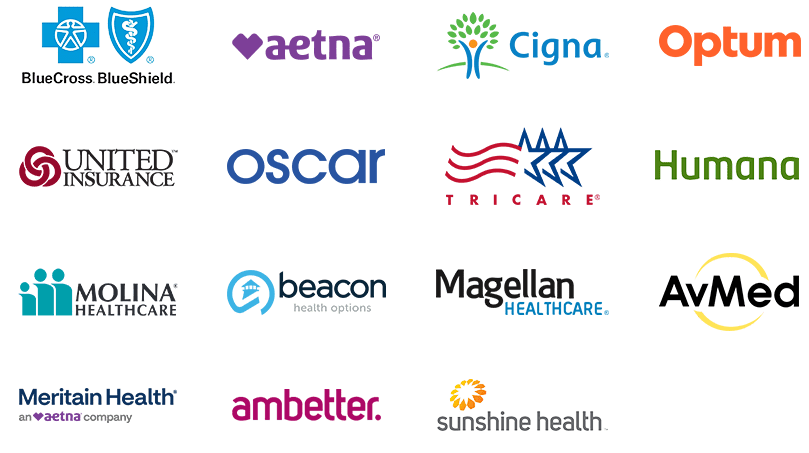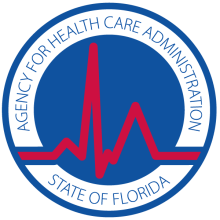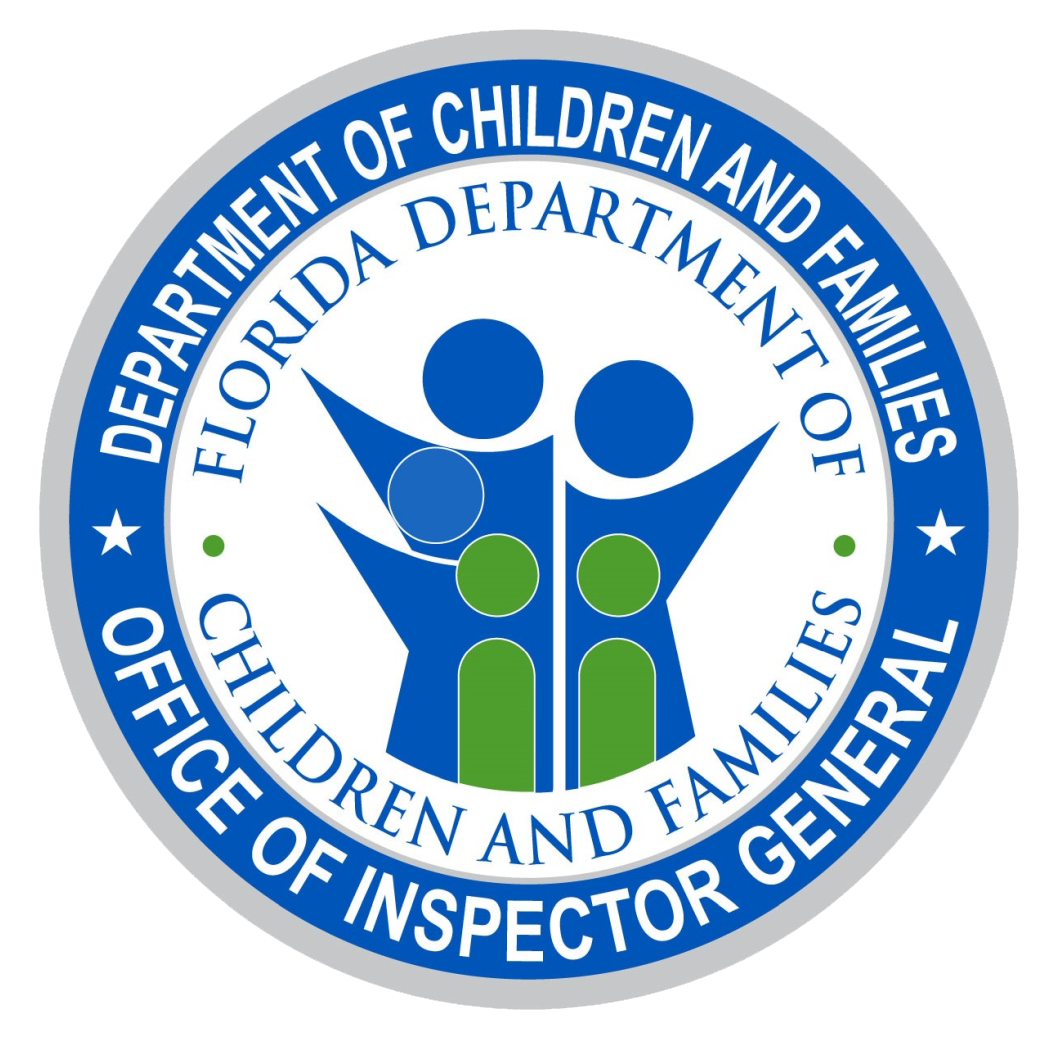South Florida Relapse Prevention Program
Recovering from addiction is tough, and staying on the right path requires some important tools and knowledge to avoid going back to old habits. While it is necessary to recognize the stages of relapse, it is even more important to actively strengthen your commitment to staying sober.
At our south Florida relapse prevention program at Principles Recovery, we work to be a beacon of support for those recovering from addiction. This program is a comprehensive approach that equips individuals with the necessary skills to confront triggers, manage stress, overcome cravings necessary for long-term recovery success, and help them face challenges in their path.


What is Relapse Prevention and Planning?
Relapse prevention and planning involves strategies to anticipate, avoid, and manage a return to undesired behaviors, and is often applied in contexts like addiction or mental health. It focuses on identifying triggers and developing coping mechanisms. Individuals create a roadmap to sustain positive changes.
Although relapse is not indicative of failure in the recovery process, it does pose a significant risk of overdose. This underscores the critical importance of incorporating relapse prevention planning as a key aspect of substance abuse treatment.
Relapse prevention and planning may involve counseling, therapy, support groups, and educational programs. Talk to your healthcare professional about tailoring a personalized relapse prevention plan that best suits your unique needs and circumstances.
Request a Confidential
Callback 24/7
OVERCOME SYMPTOMS
DETOXIFICATION
Many individuals have wondered how patients handle early recovery since it requires them to abruptly stop consuming alcohol or drugs. Don’t they experience withdrawal? Actually, the vast majority of individuals don’t experience withdrawal during treatment because they overcome those symptoms during detoxification.
In short, detoxification often comes as the first phase of a patient’s treatment plan and consists of an initial period during which to concentrate on overcoming the physical aspects of drug addiction. Usually, under the supervision of physicians, nurses, and detox techs, individuals in detox treatment receive the support and care needed to mitigate withdrawal as much as possible, minimizing the discomfort that’s often associated with abruptly ceasing substance abuse.
What Is Relapse, and What Are the Stages?
Relapse is a complex phenomenon influenced by various factors, including environmental triggers, stressors, emotional challenges, and underlying psychological issues. It can happen at any point in the recovery process, even after a period of sustained abstinence.
There are three main stages of relapse:
Emotional relapse marks the initial phase, characterized by the resurgence of challenging emotions and cravings. At this point, individuals may find themselves grappling with feelings of anxiety or depression. This could be indicative of an underlying vulnerability to substance use. Identifying these emotional triggers early on is crucial, as they serve as warning signs of potential relapse.
The second stage, mental relapse, manifests when thoughts of returning to drug or alcohol use begin to infiltrate the mind. Cognitive battles take place as the individual wavers between the desire for sobriety and the temptation of substance use. Recognizing the emergence of these conflicting thoughts is pivotal for intervention and prevention. This stage emphasizes the significance of reinforcing coping mechanisms and seeking support to counteract the pull toward relapse.
The final stage, physical relapse, marks the actual resumption of substance use. It is the culmination of the emotional and mental struggles that, if left unaddressed, can lead to a substance use disorder. Preventing physical relapse requires proactive measures during the earlier stages. Timely intervention, support networks, and a commitment to coping strategies become paramount in fortifying one’s resilience against succumbing to the physical act of substance use.
What Are the Common Reasons People Relapse?
- Stress and pressure: Elevated stress levels, whether arising from personal, professional, or societal sources, can significantly increase the risk of relapse.
- Emotional challenges: Unresolved emotional issues like trauma, grief, or interpersonal conflicts can trigger relapse.
- Social environments: Social pressures and a lack of a supportive network can contribute to relapse.
- Isolation and loneliness: Without a strong support system, individuals may be more susceptible to returning to substance use as a way to fill a void or combat feelings of emptiness.
- Lack of coping skills: Insufficient coping mechanisms for dealing with life’s challenges can leave individuals vulnerable to relapse.
- Overconfidence: Overestimating one’s ability to resist temptation or underestimating the ongoing effort required for recovery can lead to complacency and a higher risk of relapse.
- Co-occurring mental health issues: An untreated dual diagnosis can exacerbate vulnerability to substance use.
- Lack of structure and routine: A lack of structure or routine in daily life can create a void that substances may fill.
Understanding these common reasons for relapse enables individuals in recovery and their support networks to develop personalized strategies to mitigate these risks. Ongoing self-awareness, proactive coping skills, and a strong support system are vital in preventing relapse and promoting sustained recovery.

How Can You Create an Effective Relapse Prevention Plan?
A relapse prevention plan is crucial for maintaining sobriety and avoiding relapse into addiction. This plan involves identifying your triggers, warning signs, and high-risk situations that could lead to relapse. It also includes strategies and coping skills to avoid relapse during difficult times.
Once you identify your triggers and warning signs, develop strategies to avoid or escape high-risk situations. These may include avoiding triggers when possible, staying busy to combat cravings and boredom, exercising, practicing relaxation techniques, and re-focusing on your recovery goals. Have a plan in place for what you will do when warning signs emerge. You might call a friend or sponsor, attend a support group meeting, exercise, or pursue a hobby or enjoyable activity.
Surround yourself with a strong support system, including close family, friends, a sponsor, and fellow recovery program participants. Share your triggers with loved ones, so they can check in and offer help when needed. Attend recovery support group meetings regularly to foster accountability and connect with a community facing similar challenges. Building these connections can be instrumental in maintaining sobriety and navigating the recovery journey.
A comprehensive relapse prevention plan will help you establish a foundation for lifelong recovery from addiction. However, it requires ongoing effort and commitment to review and revise your plan. It’s helpful to meet your support network, especially during high-risk times. Adjust your plan as needed to strengthen relapse prevention strategies. With diligence and dedication, maintaining sobriety can become second nature.
What To Expect in A Relapse Prevention Program
A comprehensive relapse prevention plan will help you establish a foundation for lifelong recovery from addiction. However, it requires ongoing effort and commitment to review and revise your plan. It’s helpful to meet your support network, especially during high-risk times. Adjust your plan as needed to strengthen relapse prevention strategies. With diligence and dedication, maintaining sobriety can become second nature.
Rehabilitation facilities in south Florida offer intensive education and counseling for addiction relapse prevention. Patients learn to identify triggers and cravings, develop coping strategies, and make lifestyle changes to support recovery. Counseling helps patients address the underlying causes of their addiction and build motivation for sustained sobriety.
Patients learn the stages of relapse and corresponding warning signs, including emotional, mental, and behavioral changes. Early warnings include increased stress or cravings, isolation, and disrupted routines. Patients develop a relapse prevention plan outlining strategies to avoid or escape from a relapse at each stage.
Effective aftercare planning is critical for maintaining sobriety. Patients work with counselors to create a post-treatment plan involving recovery support, therapy, lifestyle adjustments, and crisis management strategies. The plan provides accountability and helps ease the transition to independent sobriety. Many rehab facilities also offer referrals to sober living homes.
Recovering from addiction is a lifelong effort. Rehab emphasizes ongoing support, referring patients to 12-step programs, community centers, therapy, and support groups. Building a network of sober friends and mentors is the key to success. Patients learn that recovery is a journey, not a destination. Continued sobriety requires diligent work and commitment.

WE’VE GOT
YOU COVERED!
Insurance coverage for treatment is within reach. We are in-network with most insurance carriers in Florida.

Reach Out for Help Today
CREDENTIAL HIGHLIGHTS



